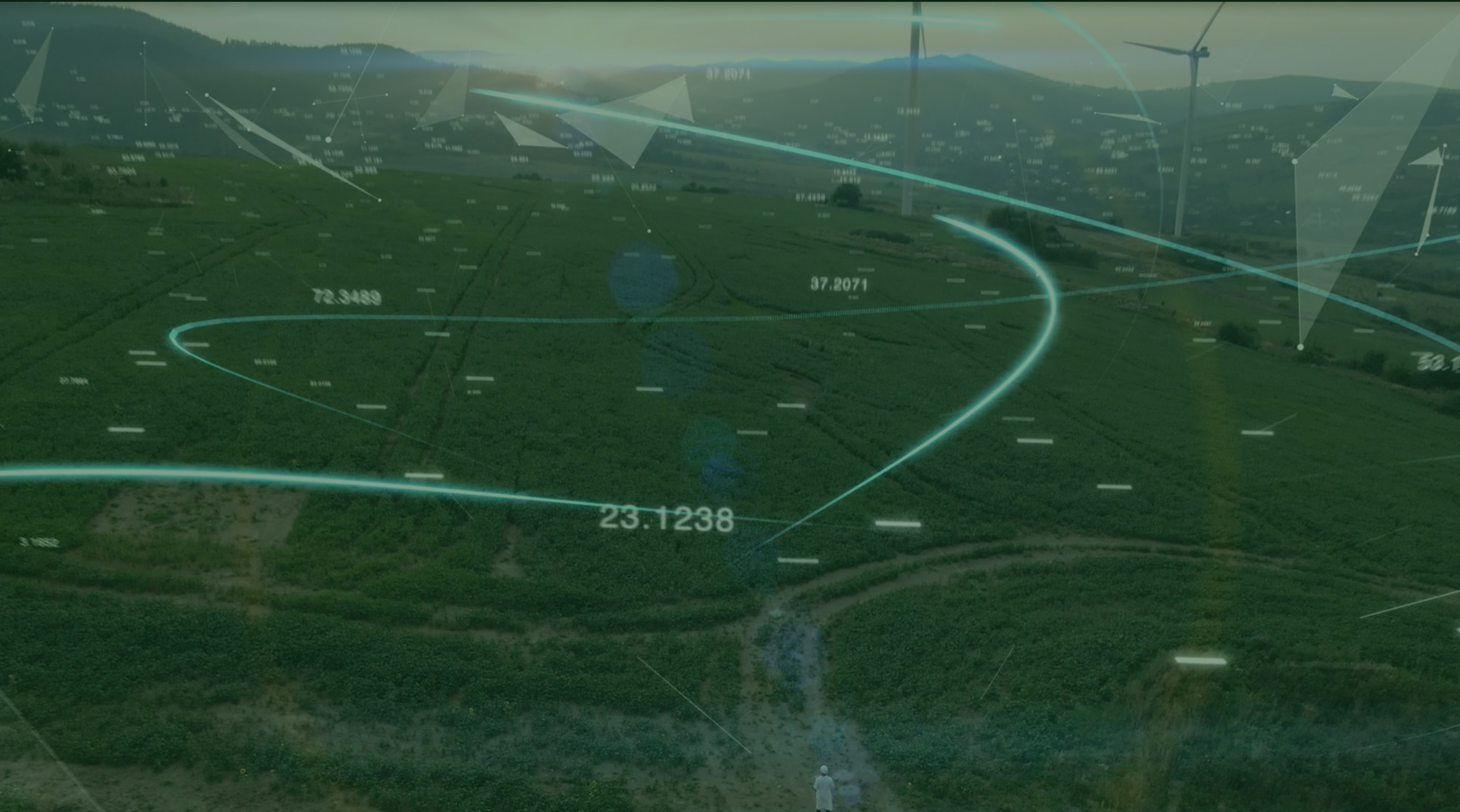
Article posted by
At RO, we know that timing is everything when it comes to securing a candidate for your open vacancy. We’ve taken the time to analyze our placement data to understand just how long a hiring process should be and if it impacts on landing your next hire.
Our placement data for the last year uncovered a notable trend: successful hires who are retained for 2+ years have followed a hiring process that lasts 4-6 weeks from first interview. Outside of this 4-6 week time frame, the data presents a case that a candidate will be far less likely to accept an offer or will be more likely to exit the business shortly after joining.
This 4 – 6 week sweet spot provides enough time for a company to qualify if they are the right candidate for the job as well as for the candidate to understand enough about the opportunity and see if it is right for them.
A process that is too short is unsettling and does not afford the candidate or the company enough time to make a well-judged decision.
A process that is too long opens the market to competition. Candidates will be further along the process with other companies and be presented with a competing offer. At this point, the process becomes even longer as candidates, quite rightly, take the time to consider their options.
What does the perfect hiring process look like?
Of course, there is no blueprint for the perfect hiring process with all the nuances and differences between businesses and their processes. However, we highly recommend sourcing a recruitment consultancy that offers a smooth, timely, and prompt service and that can operate within a set time frame.
Once candidates have been sourced and first interview organized:
Week 1: 1st Interview and feedback
Week 2 – 3: 2nd and Follow Up Interviews and feedback
Week 4-6: Offers and negotiation
Your relationship with your recruitment consultant will be pivotal when securing a new candidate. Each step of the process needs transparency between a business and its chosen consultancy. Specifically, communication plays a vital role throughout and needs to be prioritized by everyone involved.
Candidate Feedback
After first and second interviews, supplying candidates with interview feedback is commonly a point that slows the process down. Hiring managers should factor this into the recruitment process and cater for any events or holidays that may be in the calendar over the next few months. It’s at these vital stages that candidates start to progress with other opportunities.
Our recent poll answered by renewables professionals revealed interesting data behind candidate’s expectations when waiting for feedback:
"What would you consider an acceptable time period to wait for interview feedback?"
Same Day – 4%
1-2 Days – 41%
3-5 Days – 44%
7 Days – 10%
In addition, consultants should act as the main point of contact for both the company and the candidate. From arranging interviews to providing feedback, to handling negotiations, the consultant will act in both parties best interests to carefully manage the process. The consultant will be able to manage expectations and deliver messages on both the company and the candidate’s behalf. Circumventing the consultant can mean positioning offers or feedback to candidates inappropriately, leading to disruption and ultimately not landing the hire.
If you require consultation on your recruitment process or are looking for candidates in the renewables, utilities or transport sector, please contact us.


